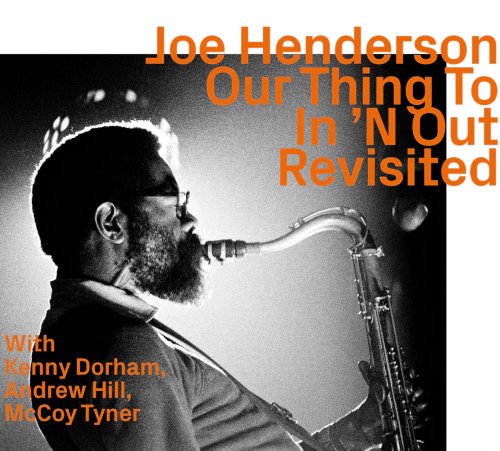Schoenberg Quartet - Webern: Chamber Music For Strings (2003)
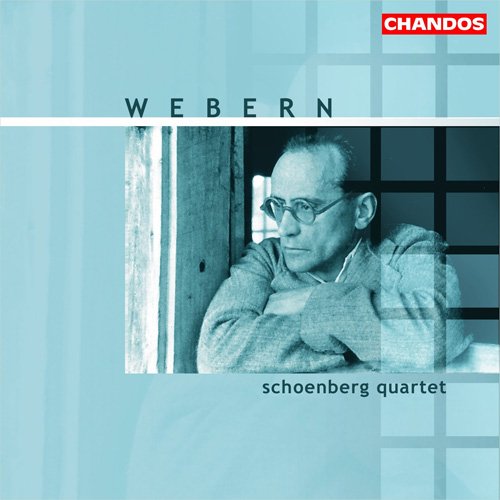
Artist: Schoenberg Quartet
Title: Webern: Chamber Music For Strings
Year Of Release: 2003
Label: Chandos
Genre: Classical
Quality: FLAC (image + .cue, log, booklet)
Total Time: 79:47 min
Total Size: 276 MB
WebSite: Album Preview
Tracklist:Title: Webern: Chamber Music For Strings
Year Of Release: 2003
Label: Chandos
Genre: Classical
Quality: FLAC (image + .cue, log, booklet)
Total Time: 79:47 min
Total Size: 276 MB
WebSite: Album Preview
1 Slow Movement, Op. post. (1905) for string quartet 9:39
2 String Quartet, Op. post. (1905) 17:13
3 Rondo, Op. post. (1906) for string quartet 7:31
Five Movements, Op. 5 (1909) for string quartet (11:47)
4 I. Heftig bewegt 2:52
5 II. Sehr langsam 2:39
6 III. Sehr bewegt 0:44
7 IV. Sehr langsam 1:51
8 V. In zarter Bewegung 3:42
Four Pieces, Op. 7 (1910-14) for violin and piano (5:16)
9 I. Sehr langsam 1:10
10 II. Rasch 1:20
11 III. Sehr langsam 1:54
12 IV. Bewegt 0:52
Six Bagatelles, Op. 9 (1911-13) for string quartet (4:20)
13 I. Mäßig 0:38
14 II. Leicht bewegt 0:28
15 III. Ziemlich fließend 0:29
16 IV. Sehr langsam 0:53
17 V. Äußerst langsam 1:14
18 VI. Fließend 0:38
19 Sonata, Op. post. (1914) for cello and piano 1:24
Three Little Pieces, Op. 11 (1914) for cello and piano (2:46)
20 I. Mäßig Achtel 1:14
21 II. Sehr bewegt 0:22
22 III. Äußerst ruhig 1:10
String Trio, Op. 20 (1926-27) (10:22)
23 I. Sehr langsam 3:52
24 II. Sehr getragen und ausdrucksvoll - Zart bewegt 6:30
String Quartet, Op. 28 (1936-38) (8:50)
25 I. Mäßig 4:02
26 II. Gemächlich - Bewegt 1:56
27 III. Sehr fließend 2:51
The Schoenberg Quartet continues its traversal of the chamber music of the Second Viennese School (plus certain of their contemporaries) with this very well filled survey of the music of Anton Webern. Having found their Berg disc to be rather cool and under-powered for some of that composer’s overheated textures, it’s good to report a much more satisfying result here.
To have all this music on one single disc makes this excellent value anyway, regardless of quality of performance. There are other good discs of Webern’s chamber music, but none are as comprehensive as this. It gives the listener a virtually complete picture of the composer’s output, from the early Romantic pieces right through to his maturity. The posthumously published works are well worth hearing, even if the composer himself disregarded them and may well have been uneasy about them being included. In fact the longest work on the disc is the String Quartet from 1905 which, at over 17 minutes, is one of the longest pieces in the entire Webern canon! Its lush harmonies and wandering melodic lines clearly indicate an affinity with early Schoenberg (himself still under the spell of Wagner) and one can detect Verklärte Nacht at many turns. But though the tonal centres are clear and the harmony recognisable, there is a hint of things to come, particularly in the way that the main melodic motif’s angular quality signals its serial potential.
The gorgeous little Slow Movement from the same year has many of the same characteristics, and here the use of the turn makes one think directly of Tristan, even if the bitter sweet tonality is entirely Viennese.
The Six Bagatelles of 1911-13 begin to show the sort of thumbprints that Webern became famous for, notably brevity of utterance and an aphoristic style that he was to perfect over the ensuing years. They are beautifully crafted little jewels, where the silence between the notes becomes as important as the notes themselves. The Schoenberg’s seem to understand this perfectly, making sure that weight of attack is crisp and handling of texture and dynamics is clean and clear. Most of these minuscule works last under a minute, so every note has to count.
The experienced pianist Sepp Grotenhuis joins in for a number of other works, the most interesting of which seemed to me to be the Three Little Pieces of 1914, typical Webern. Extreme brevity is again apparent (the pieces are 9, 13 and 10 bars respectively), but he still manages to convey emotion and feeling into his microcosmic world.
The Schoenberg’s utter refinement and feeling for these special textures pay real dividends in the mature Trio and Quartet, possibly the best known pieces (certainly the most oft-recorded) on the disc. The Op.28 Quartet seems to inhabit a more sober world of serialism (it became a calling card for the post-war avant-garde), and the terse, spare movements are riddled with codes and patterns which still make for demanding, concentrated listening. Only in the finale do we get a feeling of longing, of harking back to old Expressionistic tendencies, of something approaching emotion.
The whole disc is a great success. Recording quality is first rate, with the necessary clarity tempered by warmth and just the right amount of resonance. Excellent notes are by Dr. Christopher Hailey. Recommended, even if you still find Webern hard work. ~ Tony Haywood
To have all this music on one single disc makes this excellent value anyway, regardless of quality of performance. There are other good discs of Webern’s chamber music, but none are as comprehensive as this. It gives the listener a virtually complete picture of the composer’s output, from the early Romantic pieces right through to his maturity. The posthumously published works are well worth hearing, even if the composer himself disregarded them and may well have been uneasy about them being included. In fact the longest work on the disc is the String Quartet from 1905 which, at over 17 minutes, is one of the longest pieces in the entire Webern canon! Its lush harmonies and wandering melodic lines clearly indicate an affinity with early Schoenberg (himself still under the spell of Wagner) and one can detect Verklärte Nacht at many turns. But though the tonal centres are clear and the harmony recognisable, there is a hint of things to come, particularly in the way that the main melodic motif’s angular quality signals its serial potential.
The gorgeous little Slow Movement from the same year has many of the same characteristics, and here the use of the turn makes one think directly of Tristan, even if the bitter sweet tonality is entirely Viennese.
The Six Bagatelles of 1911-13 begin to show the sort of thumbprints that Webern became famous for, notably brevity of utterance and an aphoristic style that he was to perfect over the ensuing years. They are beautifully crafted little jewels, where the silence between the notes becomes as important as the notes themselves. The Schoenberg’s seem to understand this perfectly, making sure that weight of attack is crisp and handling of texture and dynamics is clean and clear. Most of these minuscule works last under a minute, so every note has to count.
The experienced pianist Sepp Grotenhuis joins in for a number of other works, the most interesting of which seemed to me to be the Three Little Pieces of 1914, typical Webern. Extreme brevity is again apparent (the pieces are 9, 13 and 10 bars respectively), but he still manages to convey emotion and feeling into his microcosmic world.
The Schoenberg’s utter refinement and feeling for these special textures pay real dividends in the mature Trio and Quartet, possibly the best known pieces (certainly the most oft-recorded) on the disc. The Op.28 Quartet seems to inhabit a more sober world of serialism (it became a calling card for the post-war avant-garde), and the terse, spare movements are riddled with codes and patterns which still make for demanding, concentrated listening. Only in the finale do we get a feeling of longing, of harking back to old Expressionistic tendencies, of something approaching emotion.
The whole disc is a great success. Recording quality is first rate, with the necessary clarity tempered by warmth and just the right amount of resonance. Excellent notes are by Dr. Christopher Hailey. Recommended, even if you still find Webern hard work. ~ Tony Haywood
![Karin Krog & John Surman - Infinite Paths (2015) [Hi-Res] Karin Krog & John Surman - Infinite Paths (2015) [Hi-Res]](https://www.dibpic.com/uploads/posts/2026-02/1770025527_env1crs2mqx1a_600.jpg)
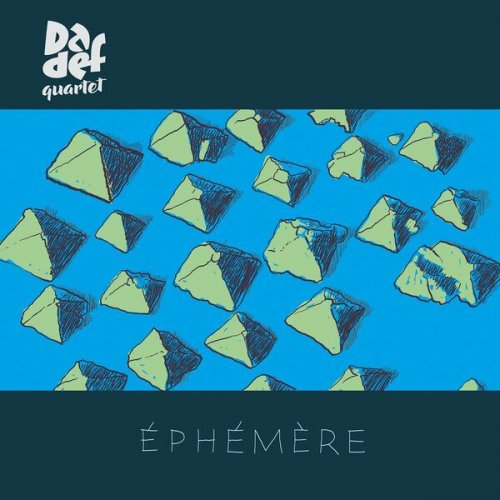
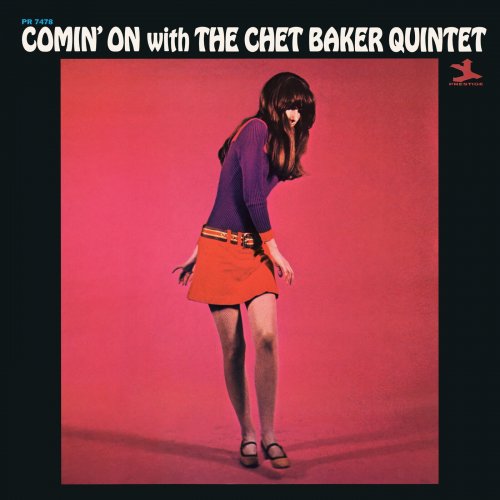

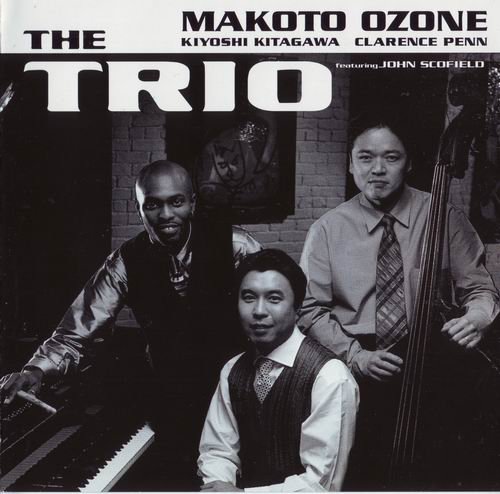
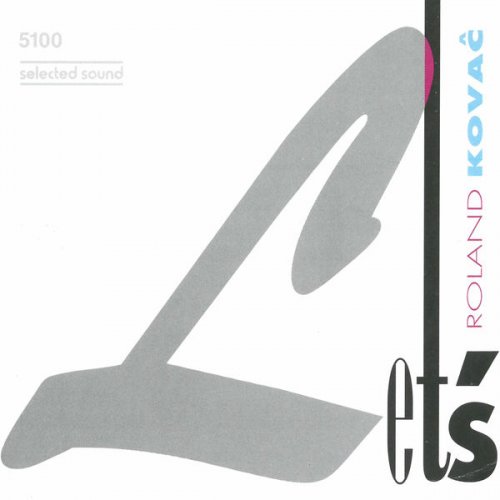
![Dewa Budjana, Czech Symphony Orchestra - PragueNayama (2026) [Hi-Res] Dewa Budjana, Czech Symphony Orchestra - PragueNayama (2026) [Hi-Res]](https://img.israbox.com/img/2026-01/30/svtc5ews9mwy8fxfbhiwifo2f.jpg)
